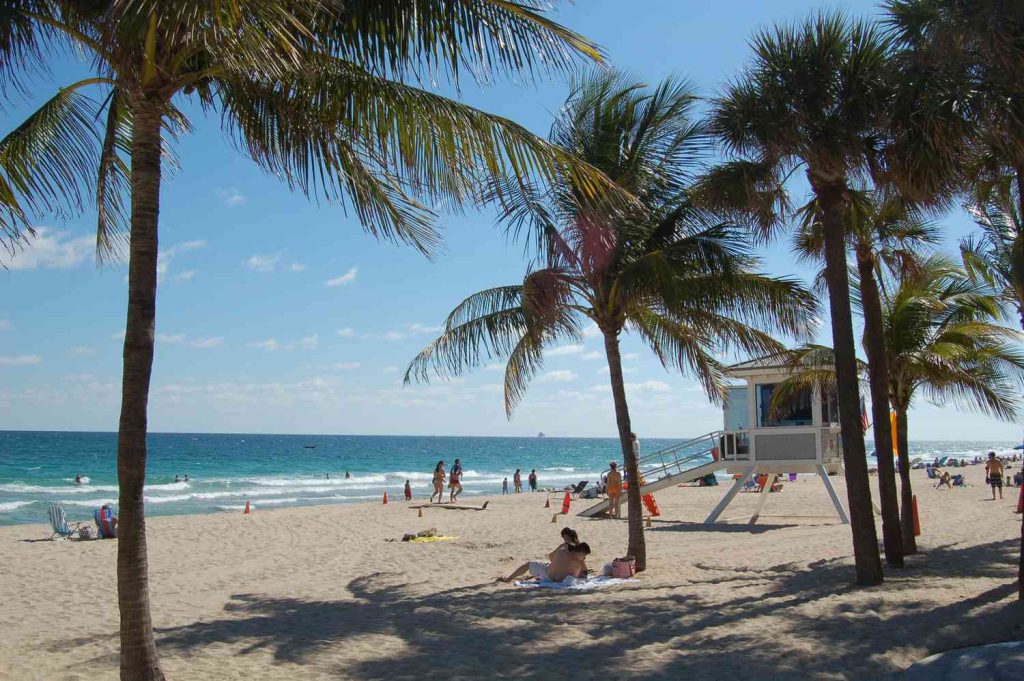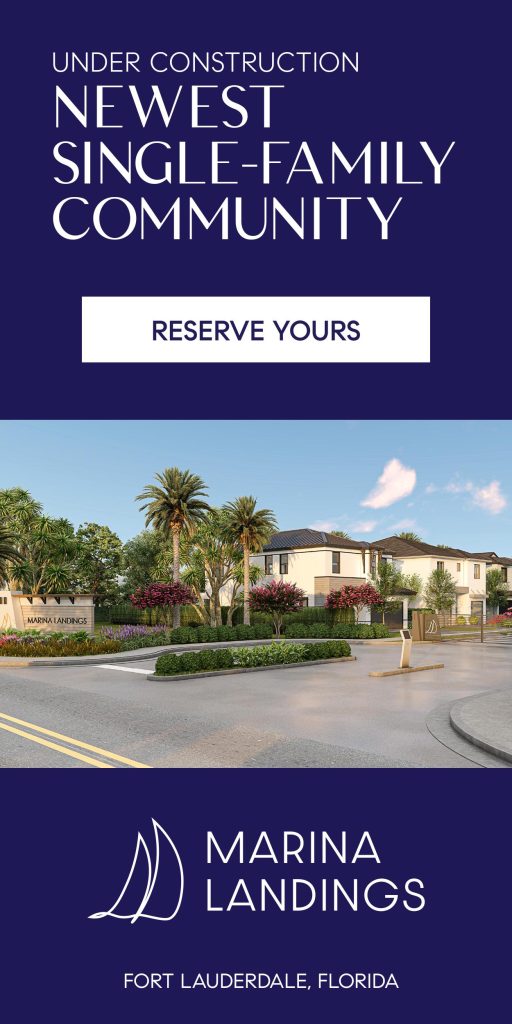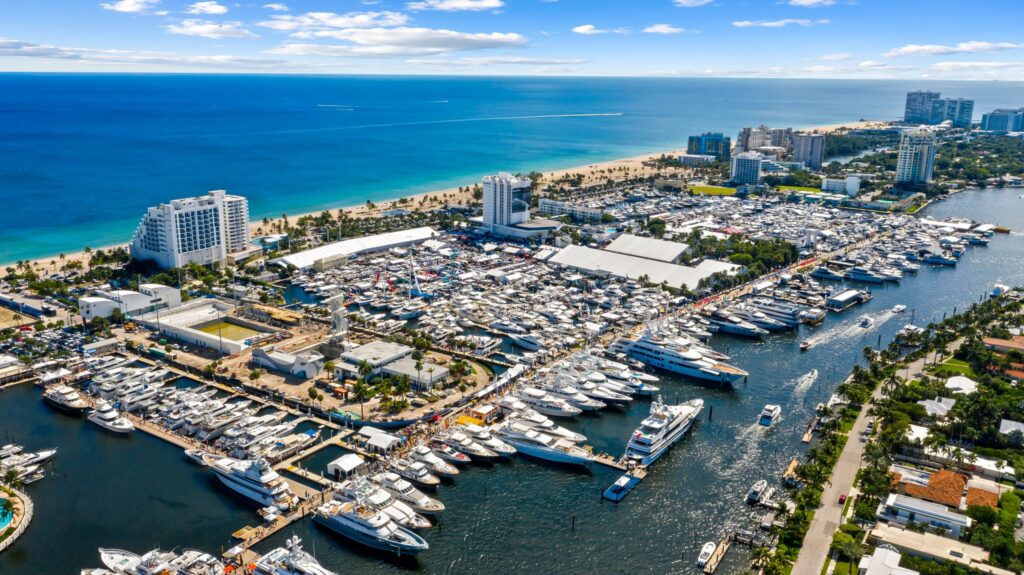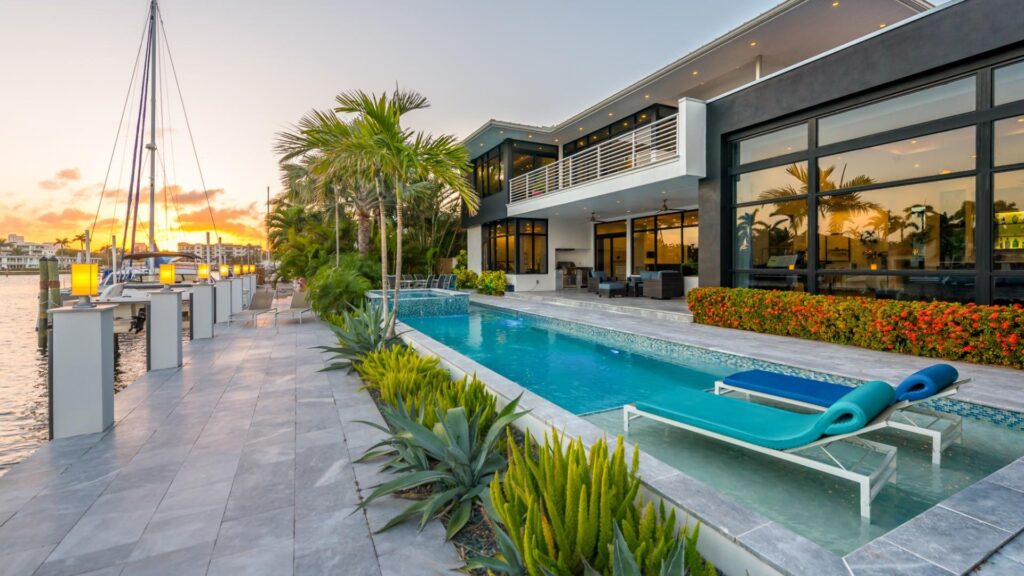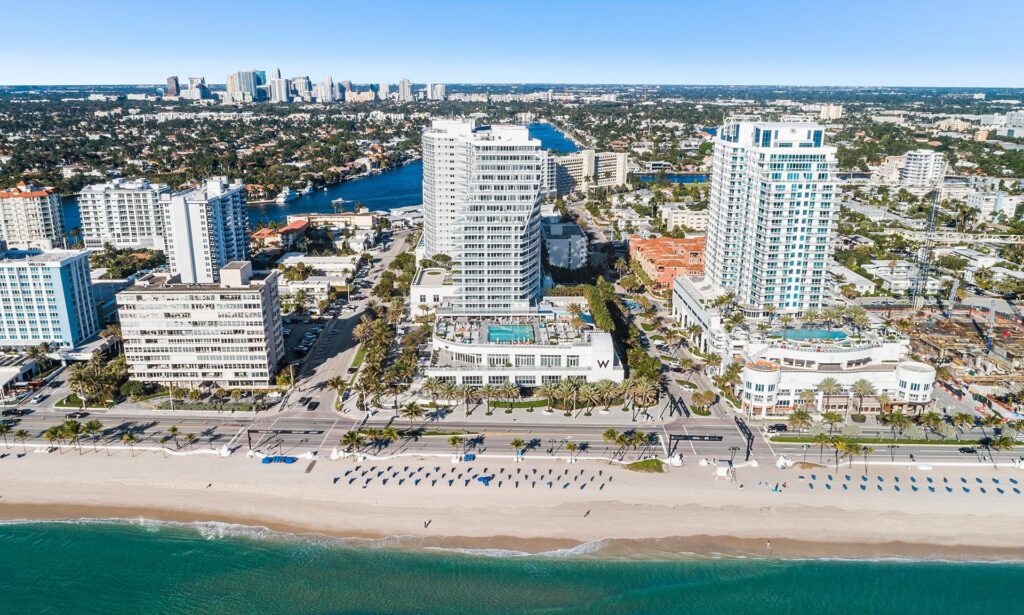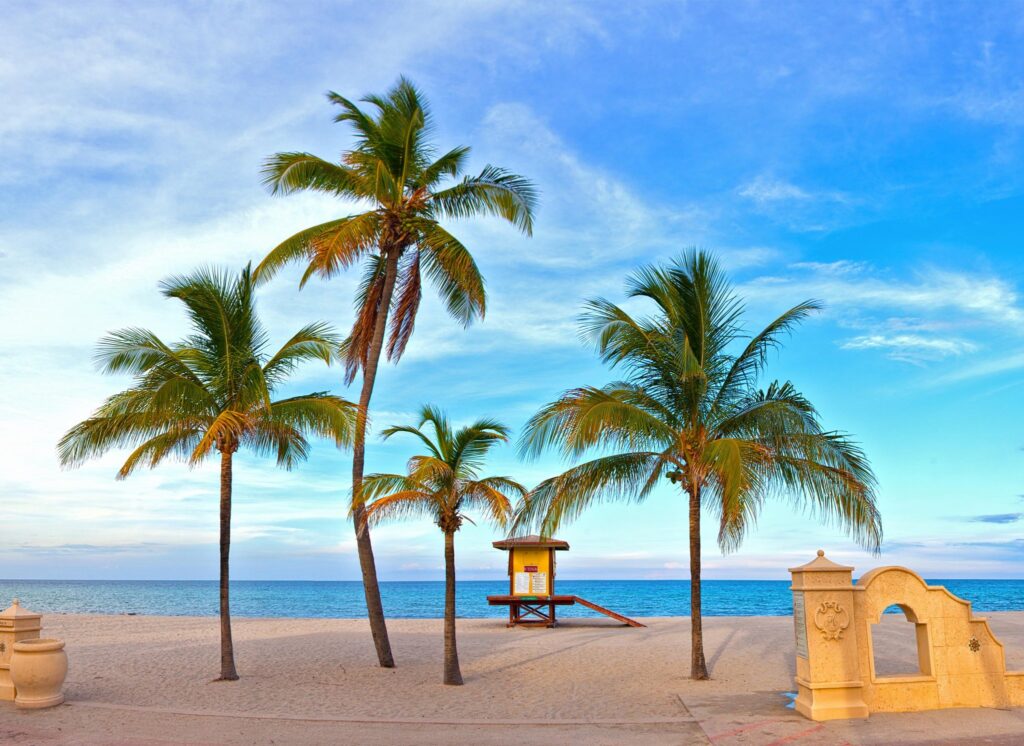Fort Lauderdale has a tropical climate that appeals to home buyers who enjoy outdoor activities and year-round warmth. However, there are things to consider regarding the climate in Fort Lauderdale before making a home purchase. In this blog post, we’ll explore what homebuyers need to know about the Fort Lauderdale climate so you can make an informed decision and enjoy your new home.
The Heat
Fort Lauderdale is located in southeastern Florida, where temperatures can soar to the mid-90s degrees in the summer months. The high humidity can make it feel even hotter. Therefore, if you are used to a cooler climate, you may need to adjust to the heat and even install air conditioning in your new home.
Tropical Storms
Fort Lauderdale is located in a hurricane-prone area and experiences heavy rainfall and thunderstorms from June to November. While the storms are typically not as severe as hurricanes, homebuyers should consider purchasing hurricane shutters and a generator for potential power outages.
See more: Benefits of Water Taxi in Fort Lauderdale for Home Buyers
Beaches
Fort Lauderdale is famous for its beaches, so it’s important to understand the potential impact of climate change on ocean levels. With sea levels predicted to rise, homebuyers should conduct thorough research to ensure their property is not at risk of flooding.
Year-Round Sunshine
While many states may experience harsh winters, Fort Lauderdale remains milder, with temperatures in the mid-60s to mid-70s. Homebuyers who enjoy outdoor activities such as golfing, tennis, or boating would enjoy this climate year-round. As outlined in a report, one can observe the year-round climate and average weather conditions in Fort Lauderdale.
Planting and Landscaping
With a tropical climate, there are advantages to the type of plants that can thrive in Fort Lauderdale, but it’s important to consider maintenance. Many plants require extra watering, so investing in an irrigation system to maintain the health of your landscaping could be helpful.
FAQ’s
What is the climate like in Fort Lauderdale?
Fort Lauderdale has a tropical rainforest climate characterized by warm temperatures throughout the year. Summers are hot and humid, while winters are mild and dry.
When is the best time to visit Fort Lauderdale, considering the climate?
The best time to visit Fort Lauderdale is during the winter months, from December to April. During this period, temperatures are pleasant, and the humidity is lower, making it ideal for outdoor activities.
Does Fort Lauderdale experience hurricanes?
Yes, Fort Lauderdale is in a region prone to hurricanes. The Atlantic hurricane season runs from June 1 to November 30. While the city may be affected by hurricanes or tropical storms, preparedness measures are in place to minimize risks.
How hot does it get in Fort Lauderdale during the summer?
Summer temperatures in Fort Lauderdale can range from the mid-80s to the low 90s Fahrenheit (29-35°C). The combination of heat and high humidity can make it feel warmer, so visitors are advised to stay hydrated and use sunscreen.
Does Fort Lauderdale experience a rainy season?
Fort Lauderdale has a distinct rainy season, typically from June to September. During this period, afternoon thunderstorms are common, providing relief from the heat. Visitors should be prepared for sudden downpours and plan outdoor activities accordingly.
Conclusion
As a home buyer in Fort Lauderdale, you must be aware and ready for the tropical climate. Consider purchasing or installing air conditioning and hurricane shutters. Investing in plant irrigation and researching sea levels around your property is also necessary. The good news is that the mild temperatures and year-round sunshine provide a perfect environment for outdoor activities. So, homebuyers need to keep these factors in mind when considering a home purchase in Fort Lauderdale.

